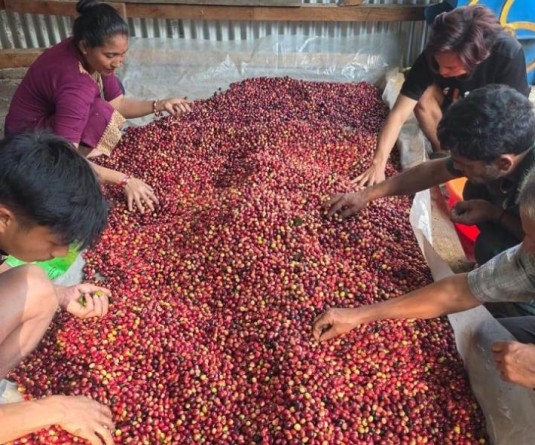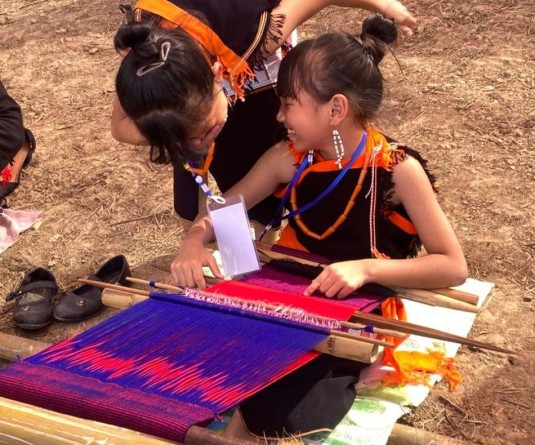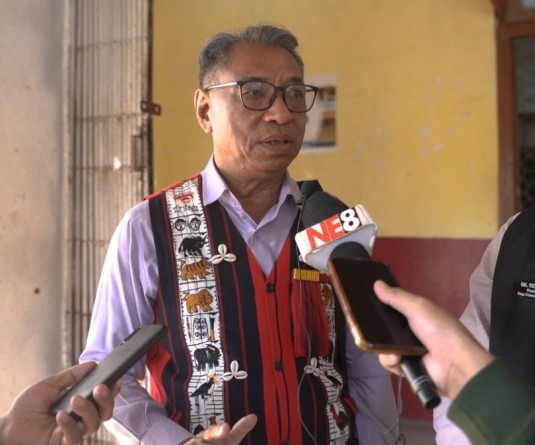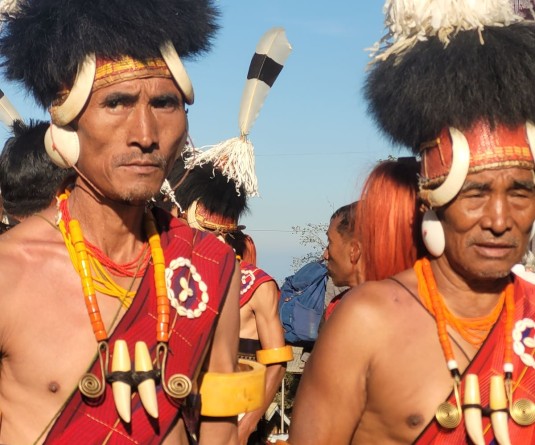
Meluri, August 5 (MExN): Amid calls to review and restructure the Backward Tribe (BT) reservation policy in Nagaland, the Pochury Students’ Union (PSU) has strongly advocated for strengthening the policy rather than weakening it, to ensure that it serves its original purpose of delivering justice.
An effectively implemented reservation policy will help bridge the gap between the BTs and other communities, ensuring that all citizens of Nagaland have an equal opportunity to thrive, the PSU stated in a press statement issued by its President Rongley Leyri and General Secretary Sasietho.
Contextualising its contention, the Union asserted that the Pochury people have long endured systemic neglect, infrastructural deficits, and underrepresentation in key areas of governance and development.
The very essence of the BT reservation policy was to correct such historical disadvantages and ensure equitable opportunity for all recognised tribes, it said.
The PSU noted that the BT reservation framework in Nagaland was originally implemented in 1977 to address historical disadvantages faced by certain recognised tribes.
Anomalies in roster system
Initially covering seven tribes, the reservation provided a 25% quota for non-technical and non-gazetted posts, the Union said, Over time, this was increased to 37%, with 25% allocated for Eastern Naga Tribes and 12% for four other BTs, including the Pochury, which was granted 2%.
Following its recognition as a separate tribe in 1990, the Pochury was included in the BT category in 1994. However, the PSU said subsequent revisions to the reservation policy have negatively impacted the community’s representation in government employment.
Citing official data from the Department of Personnel and Administrative Reforms (P&AR), the Union highlighted disparities in roster placement.
It pointed out that under the original 45-Point and 27-Point Roster systems, allocation was done alphabetically, as per Office Memorandum dated August 18, 2001.
However, a later revision introduced via a notification dated April 14, 2011 adopted a 125-Point and 100-Point Roster, in which the Pochury Tribe was placed at the bottom of the list, below all other BTs and sub-tribes, it added.
This restructuring, the PSU maintained, has contributed to a growing sense of marginalisation and perceived inequity.
Just 896 govt employees from the community
As per the latest figures, the PSU reported that out of 1,23,826 State Government employees, 1,676 belong to the Pochury community.
However, this includes 780 Village Guards (VGs), who are engaged on an honorarium basis with a monthly stipend of Rs 3,000, it pointed out.
Excluding VGs, the number of regular Pochury employees is only 896, constituting just 0.78% of total State employees, while the tribe accounts for 1.11% of Nagaland’s population (21,948 out of 19,78,502 as per the 2011 Census), it added.
“This clearly indicates a significant disparity between population share and employment representation,” the PSU stated.
“Reservation remains a necessary mechanism to address the persistent disadvantages faced by the Pochury people in terms of education, infrastructure, and access to opportunities.”
The figure could not be independently verified.
The Union further criticised proposals to introduce a ‘Creamy Layer System’ and ‘Pocket-wise Reservation’ in the State, calling them “absurd and irrelevant.”
It argued that the backwardness of the Pochury community is not merely economic, but also social and educational, and cautioned that sub-classification within tribes could lead to increased disunity and fragmentation in Naga society.
Accordingly, the PSU urged the government to strengthen, rather than dilute, the existing BT reservation policy.






